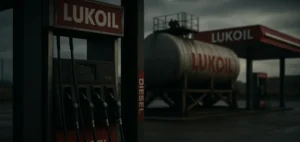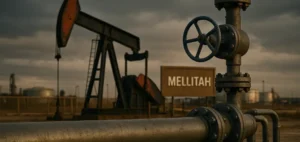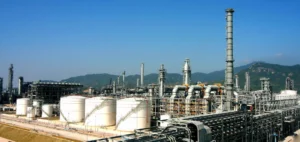The International Energy Agency (IEA) on Tuesday further reduced its forecast for oil demand growth in the face of “a myriad of economic headwinds” around the world.
“Continued weakness in the Chinese economy, the energy crisis in Europe, a strong dollar, all weigh heavily on consumption,” its monthly oil report notes.
“This was the case for most of 2022 and will continue for the foreseeable future,” with demand expected to contract in the last quarter of this year in both OECD and non-OECD countries.
With most major economies having lowered their growth forecasts for 2023, oil demand next year is therefore expected to grow by 1.6 million barrels per day (mb/d), down from 2.1 mb/d in 2022.
In particular, the IEA sees less demand in the European industry, and in contrast a continued recovery in kerosene, as air traffic approaches its 2019, pre-Covid level.
“Sluggish” in the first quarter of 2023, aggregate demand is expected to pick up from the second quarter, the report estimates.
Supply, which grew again in October, is expected to fall for the rest of the year, with OPEC+’s decision to cut production and the European embargo on Russian crude coming into effect.
The IEA points in particular to the tensions in the diesel market, where prices are reaching record highs.
The embargo on oil from Russia, which supplies a large proportion of diesel, is expected to add to the pressure.
Demand is particularly strong because diesel is replacing gas for certain uses, which has become unaffordable. It is expected to grow again at the end of the year, before declining “slightly” due to high prices and slowing economies.
“Competition for non-Russian diesel barrels will be fierce, with European countries having to bid for shipments from the United States, the Middle East or India, far from their usual suppliers,” stresses the Agency, for which new refining capacity should ultimately help ease tensions.





















